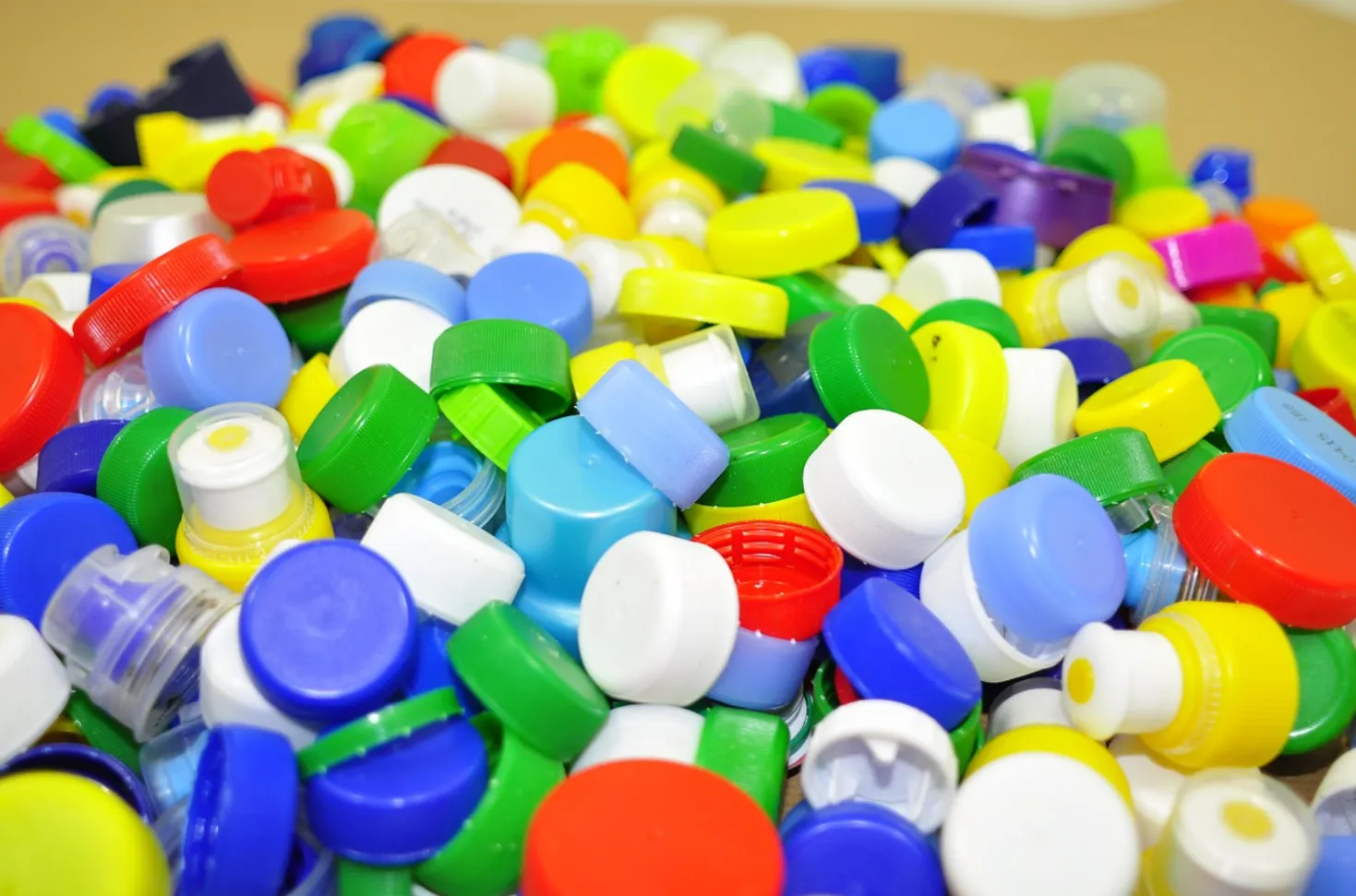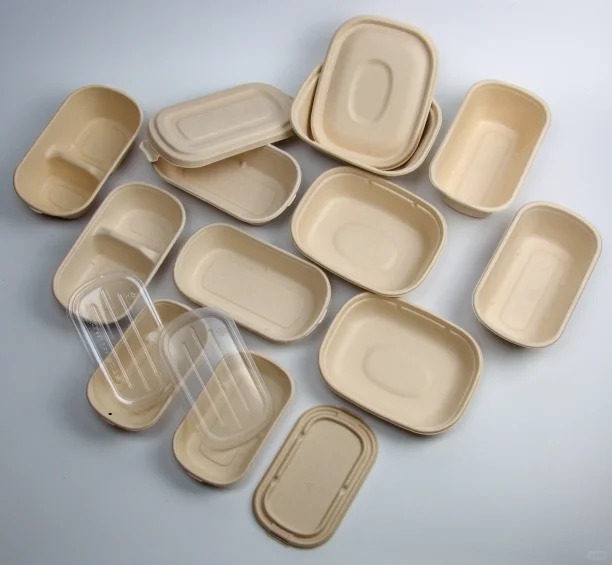Miami-Dade County is implementing major changes to address its escalating plastic waste crisis. On Wednesday, county commissioners voted to ban single-use plastics and styrofoam at county-owned venues such as Miami International Airport, PortMiami, parks, and office buildings. These locations will transition to sustainable packaging options, such as aluminum bottles, reusable plates, and compostable materials, aiming to reduce the environmental impact of disposable packaging.
Commissioner Eileen Higgins, who spearheaded the initiative, emphasized the importance of setting an example for others to follow. “When you visit any county facility—whether it’s a park, the zoo, or the airport—you won’t encounter plastic. We are demonstrating that it’s possible to eliminate harmful plastics and embrace eco-friendly packaging solutions,” she stated. The policy, supported by 10 of the 13 commissioners, excludes certain items, like grab-and-go snacks, but marks a significant move toward more sustainable packaging practices.
Local environmental advocates are celebrating the move. Dave Doebler from VolunteerCleanup, an organization that has removed over 800,000 pounds of trash from South Florida beaches since 2013, remarked, “Plastics contain harmful chemicals that threaten both human health and the environment. Compostable or aluminum products are not only more environmentally responsible but also offer superior functionality and design.”
The urgency of this change is underscored by alarming statistics. The U.S. generates over 35 million tons of plastic waste annually, with only 5% of it being recycled. The rest ends up in landfills, incinerators, or waterways, often breaking down into microplastics that contaminate both the environment and human health. Florida’s iconic beaches are also bearing the brunt of this plastic pollution, with debris washing ashore from around the world.
Miami-Dade’s waste management challenges are expected to intensify, with projections suggesting that by 2028, the county will produce nearly 3 million tons of waste annually. While plans for a new incinerator are in place, activists like Doebler argue that the true solution lies in waste reduction rather than reliance on disposal technologies. Reducing single-use plastics can help prevent toxins from entering local ecosystems, like Biscayne Bay.
Other locations have already embraced similar changes. Zoo Miami, for example, replaced plastic water bottles with aluminum ones and eliminated 340,000 plastic bottles in the past year alone. William Elgar, the zoo’s director, noted that the transition to recyclable aluminum has not only been environmentally beneficial but also economically viable, given aluminum’s ability to be recycled indefinitely.
However, the ban has faced opposition. Some commissioners and industry groups, such as the Florida Retail Federation (FRF), argue that it could burden businesses, particularly small ones, with added costs. They have suggested that improving recycling systems would be a more effective approach. Critics, however, point out that the plastics industry has long promised viable recycling solutions, yet little progress has been made in that area.
Despite these objections, supporters of the ban remain optimistic that it will encourage further steps toward sustainability. Businesses like Hard Rock Stadium have already adopted measures to reduce plastic waste. Commissioner Higgins hopes that Miami-Dade’s actions will inspire other companies to prioritize eco-friendly packaging alternatives. “We’re not dictating how people live their lives,” she explained. “But this is how we’re choosing to run our county.”
This policy is part of a broader effort to address climate change, as plastics, which are derived from fossil fuels, contribute to greenhouse gas emissions. By moving away from single-use plastics, Miami-Dade is not only protecting the environment but also challenging the long-term plans of the oil industry. Environmentalists hope that this shift will help mitigate the impacts of climate change and secure a healthier future for generations to come.
While this new policy may not solve all of Miami-Dade’s waste challenges, it represents a significant step in the right direction. The county is setting a powerful example, leading the way for a cleaner, greener future with innovative, sustainable packaging solutions.



